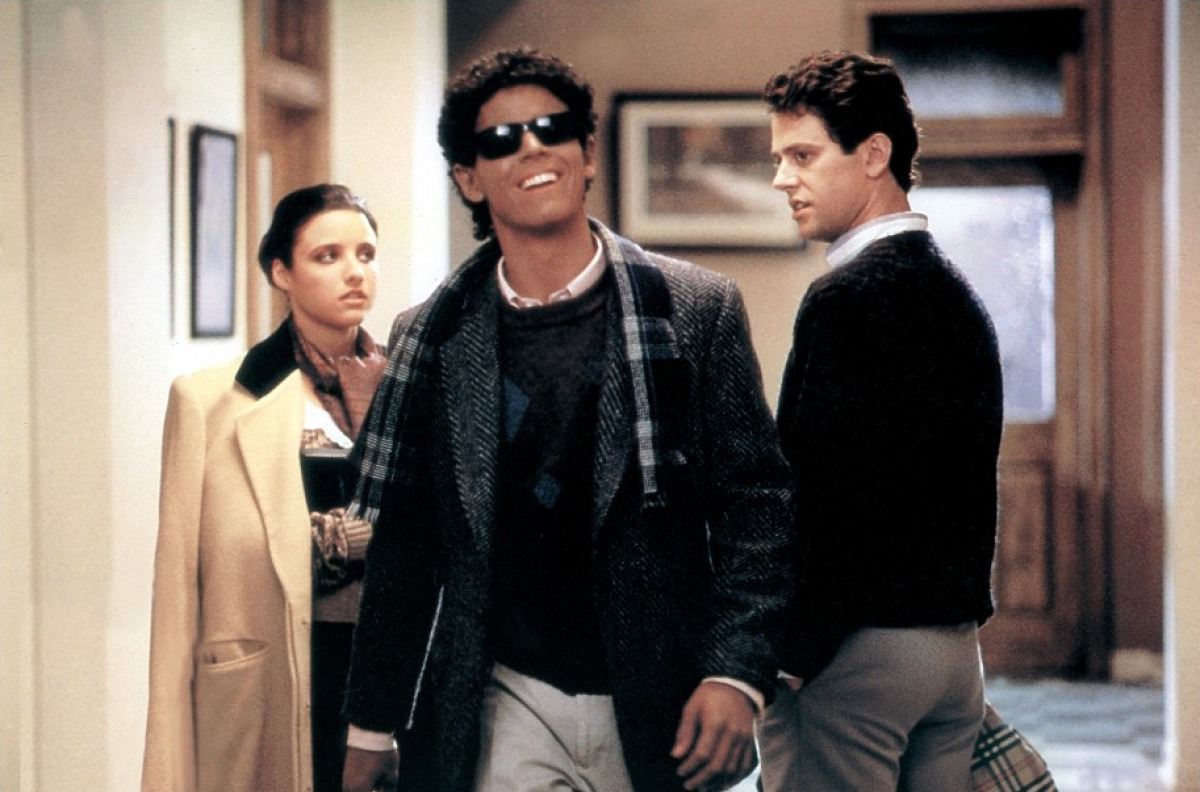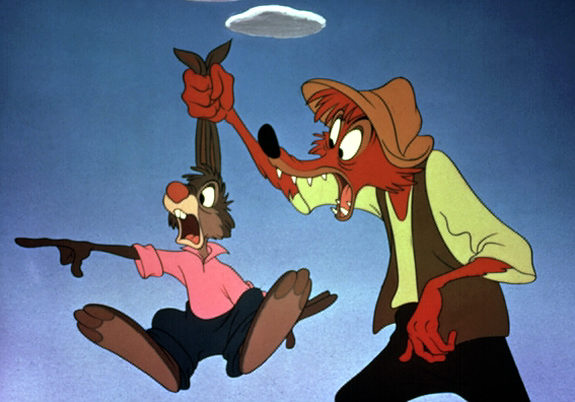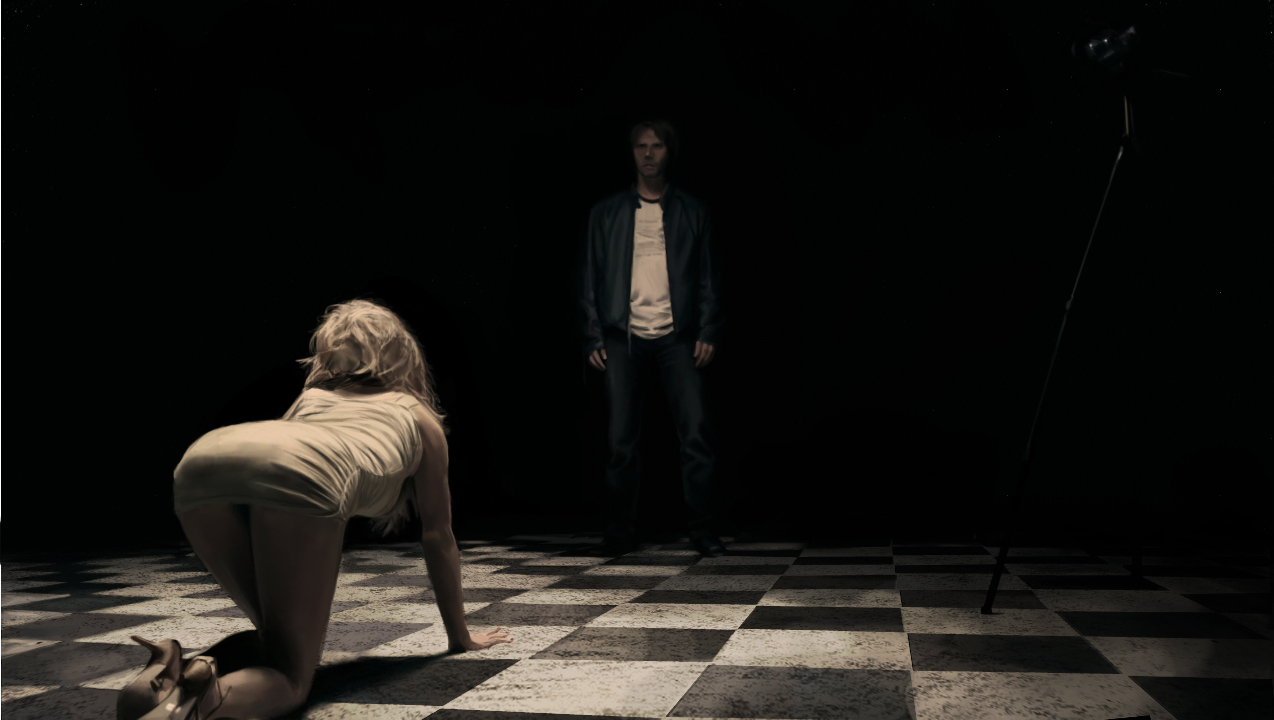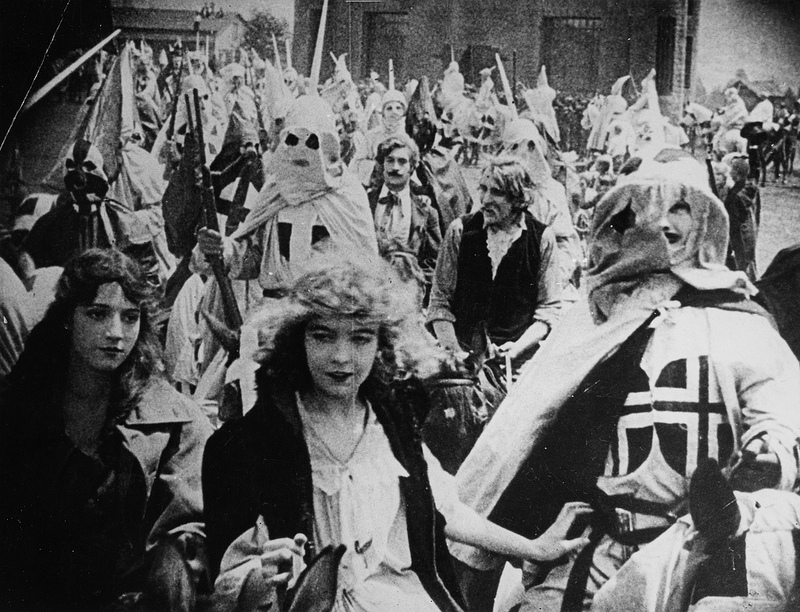5. Soul Man

Soul Man is the one and only “comedy” on this list. There’s plenty of horror and there are a few dramas as well, but this is the one and only movie that’s supposed to make people laugh. One would think, given how often comedians try to shock us, that there would be more comedies on this list.
Let the record show that Borat, The Interview, Tropic Thunder; and South Park: Bigger, Longer, and Uncut were in the running, but they just weren’t quite shocking enough. Soul Man, unlike the movies listed above, doesn’t walk a fine line between offensive and funny. Soul Man is just flat-out offensive, and a simple description of the plot might explain why.
In Soul Man, a student decides darken his skin and live his life as a black man in order to qualify for a black-only scholarship. Listen, we weren’t as progressive as we are now back in 1986, but I’m pretty sure we knew that wearing black face is not cool. We also knew that this kind of hot button political issue (the black-only scholarship) had no business being in a goofy comedy. There isn’t a single thing about this movie that’s morally ambiguous. Make no mistake, this movie is reprehensible. To make matters worse, it’s about as funny as 12 Years a Slave.
They all knew black face was controversial when The Birth of a Nation came out. Who the hell decided it would be okay in the ‘80s? You don’t need to be edgy to be funny. Unless you have the mentality of a 14-year-old, a little nuance is always better than humor based around “triggering people.” Skip this movie and watch any of the other comedies listed.
4. The Song of the South

The Song of the South is a movie Disney desperately wants to erase from existence, and who can blame them? For those who don’t know, this movie is about a fictional African American man named Uncle Remus.
Uncle Remus lives on a plantation in the South during the Reconstruction Era following the Civil War. This character lives a life that’s, well, a little too happy. That’s the biggest issue. While it doesn’t say anything negative about freed slaves, it also doesn’t say anything negative about the concept of slavery. Uncle Remus seems to live in a fairytale where slaves were treated as American citizens. That’s simply not the case.
This isn’t to say that Disney needed to make some kind of in-depth social commentary. Rather, we just didn’t need to see a movie that so clearly ignores the horrors of racism. In fact, the movie makes it seem like this dark piece of American history never actually happened. This is a huge problem, and it’s made worse by other unfortunate missteps.
The word “misstep” is used because the racism seems misguided rather than intentional. For example, the heavy use of stereotyped African American vernacular doesn’t seem to be out of malice. It just seems like a bunch of white people got their hands on property they probably shouldn’t have touched. In other words, this movie isn’t necessarily offensive on purpose, but that’s not an excuse.
Similar to The Birth of a Nation, The Song of the South is well made. In fact, some may argue that it’s an objectively good movie. The writing (minus the racism) is solid, the music is excellent, and the animation is stellar. It just has no reason to be seen by moviegoers in the 21st century. That’s probably why Disney locked it in the vault indefinitely. Good on them.
3. Salo: or the 120 Days of Sodom

Case in point, Salo: or the 120 Days of Sodom. This movie is stomach-churning in its depictions of sex and violence, but it shows more value in ten minutes than A Serbian Film does in its entire runtime. Is it life changing? No, but it sure as hell has more on its mind than other “disturbing movies.”
It’s smarter than something like Human Centipede because, while there’s plenty of focus on violence and sex, there’s a bit of intelligence to be found. It probably doesn’t need to be half as graphic as it is to say what it wants to say, but the uncomfortable scenes (there are plenty) are liable to stay with you. Because of that, it’s worth watching assuming the viewer can stomach it.
Recommendation aside, what makes it so damn controversial and offensive? Well, the movie revolves around teenage boys who are brutally tortured for the duration of the movie. Nothing is off limits here, including some frankly disgusting scatalogical scenes. It’s a hard movie to sit through. It’s such a hard movie to sit through that it’s genuinely hard to recommend. At the same time, it does have a lot to say about political corruption and sexuality. It approaches these themes in a way that’s daring and nerve-wracking. A lot of people will love it, but even more people will hate every second of it.
Salo isn’t included because of racism or drug use. No, it’s included because it is seriously, seriously messed up. It’s a seriously, seriously messed up movie that should be watched by those who can handle it, but it’s still all kinds of nasty.
2. A Serbian Film

“Upon its debut on the art film circuit, the film received substantial attention for its graphic depictions of rape, necrophilia and child sexual abuse.” That’s the first sentence of the second paragraph in A Serbian Film’s Wikipedia page. If that doesn’t tell you how offensive this movie is, I don’t know what will.
Often considered one of the most disturbing movies of all time, A Serbian Film is rivaled only by the August Underground series in terms of utter depravity. If you continue to skim the Wikipedia page, you’ll go on to discover that it has been either censored or banned in numerous countries. You’ll also learn that, lunacy aside, it’s not a very good movie.
Aside from a few critics who were able to find some kind of message buried beneath the baby-rape, most people found that A Serbian Film was disturbing for the sake of being disturbing. Yes, there are some themes that could be gleaned from the 104-minute runtime, but couldn’t that be said about any movie?
Folks can interpret it in different ways, but when it comes down to it, most people will remember this movie as the one that made a whole lot of people feel nauseous. Apparently, the director sought to distance himself from a “politically correct movement.” Okay, you don’t need necrophilia to make that point.
If the point hasn’t been made yet, A Serbian Film is very offensive but also not very good. The edgiest of moviegoers may find something redeeming. Most others will find that this exercise in obscenity is a tiring waste of time that only exists to be as grotesque as possible. Move along, folks. There are better disturbing movies out there.
1. The Birth of a Nation

If you were to hop on Google and look up “most influential movies,” you’d find that The Birth of a Nation basically appears on every single list. Aside from maybe Citizen Kane, this might be the most influential cinematic achievement, period. It was the first motion picture with an actual coherent story. It utilized the camera in a way nobody had ever seen before. Basically, it was the first real example of the kinds of movies we see today. This wasn’t just a train moving on a screen; it was something else entirely.
All that being said, The Birth of a Nation is also in the running for “most blatantly racist movie.” D. W. Griffith may have defended it until the day he died, but the harmful stereotypes of African Americans coupled with the glorification of the Ku Klux Klan seems to point to the fact that this movie didn’t exactly strive to end racial prejudice.
On the contrary, it kind of glorified it. The source material was written by a man who sought to preserve the “superior race,” so it’s not exactly shocking to see that the adaptation kept the racial overtones. That being said, the sheer inescapability of such a massive movie meant that a wider audience was bound to be exposed to this dated way of thinking.
Following its release, there was a bit of an uproar. Even in 1915, people were quick to pick up on the more controversial aspects. Still, its immediate status as an artistic milestone meant that people were quick to forgive it.
As time has progressed, the movie has continued to garner an inescapable amount of controversy. Especially today, The Birth of a Nation is a movie worth discussing. Sure, the cinematic achievements warrant a discussion, but so does the polarizing subject matter.
In the end, this is a movie that’s widely talked about over a century later because it’s a grandiose achievement that nevertheless feels hard to defend. Cinephiles tend to agree that it’s too influential to ignore entirely. They also tend to agree that the actual viewpoints on display range from questionable to downright disgusting. Whether it’s actually worth a watch entirely depends on how dedicated you are to watching the evolution of cinema.